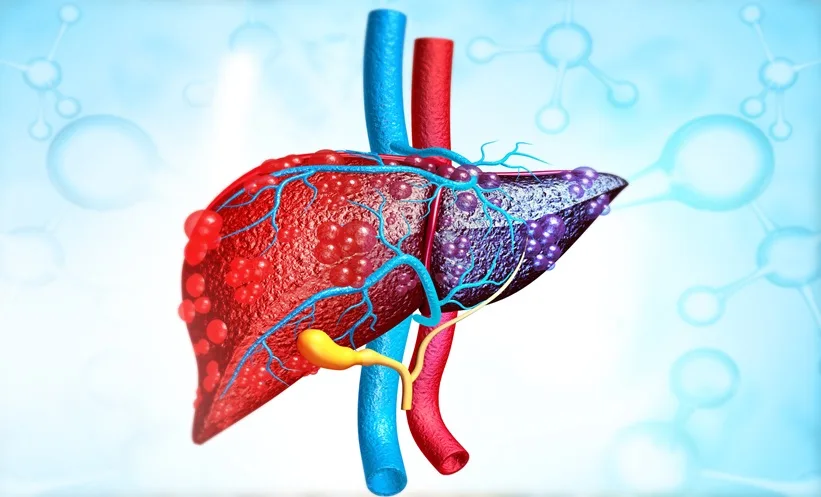Unveiling Immune Dysfunction in Liver Cirrhosis: A New Study
Liver cirrhosis, a chronic liver disease, involves progressive scarring and impaired liver function. Recent research sheds light on the immune system’s role in the progression and complications of this condition.
Understanding the Study’s Focus
The study investigates immune dysfunction in liver cirrhosis, specifically examining changes in T cells and inflammatory responses. The primary goal is to understand how these immune factors contribute to disease severity and the development of complications.
Key Findings on T Cell Alterations
- Significant changes occur in the T cell population in patients with liver cirrhosis.
- These alterations affect the balance between different types of T cells, such as helper T cells and cytotoxic T cells.
- The study explores how these imbalances compromise the immune system’s ability to function correctly.
Inflammation’s Role in Disease Progression
- Inflammation plays a crucial role in the advancement of liver cirrhosis.
- The research highlights specific inflammatory pathways that are activated in the liver.
- These pathways contribute to liver damage and promote the development of complications, like ascites and hepatic encephalopathy.
Implications for Disease Severity and Complications
The study emphasizes how immune dysfunction, driven by T cell changes and inflammation, directly impacts the severity of liver cirrhosis and the likelihood of complications. A compromised immune system can exacerbate liver damage, leading to a poorer prognosis for patients.
Final Overview
This research provides crucial insights into the intricate relationship between immune responses and liver cirrhosis. By identifying specific immune factors that contribute to disease progression, the study opens avenues for developing targeted therapies to modulate the immune system and improve patient outcomes.




+ There are no comments
Add yours